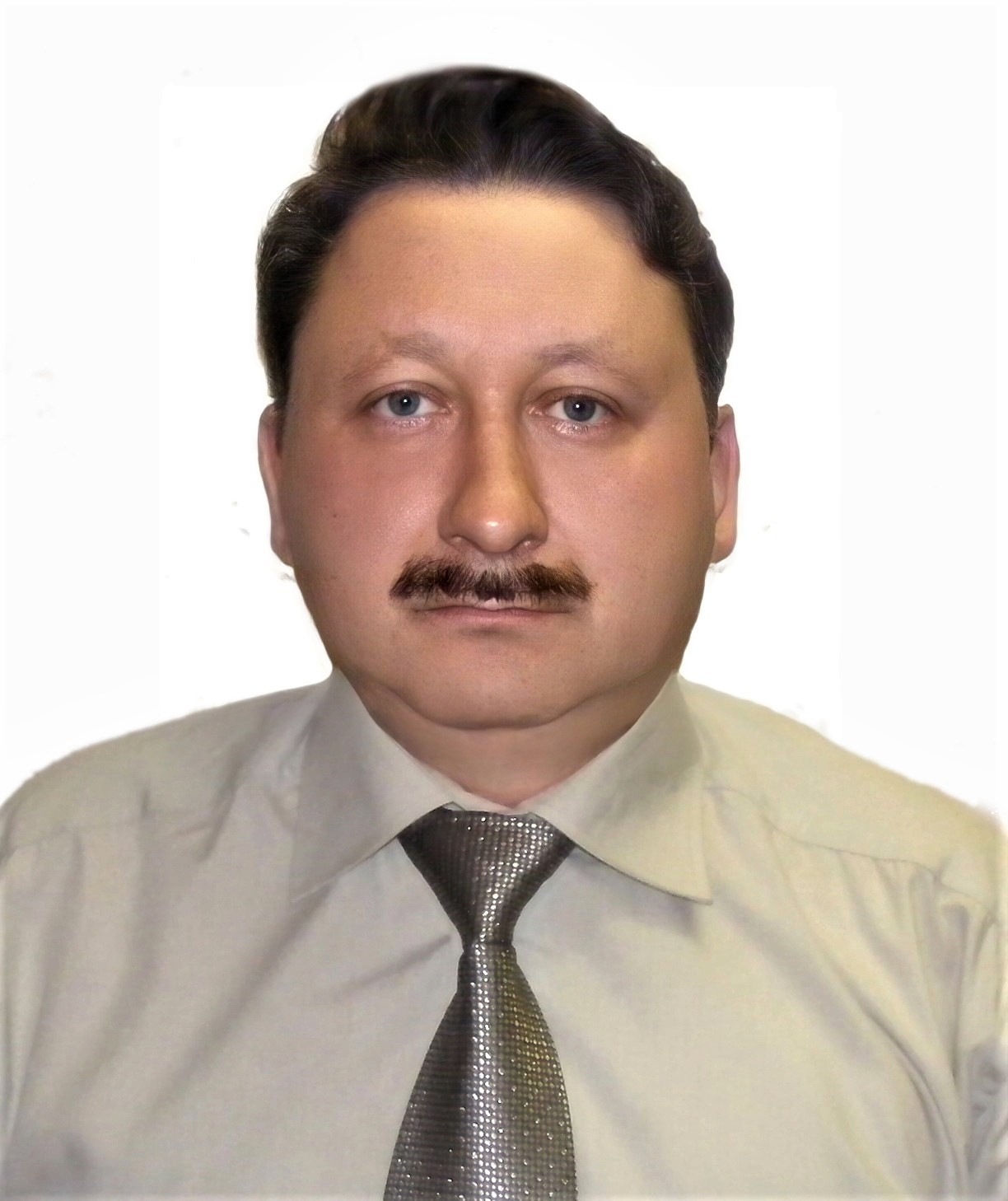The article analyzes the transcendental method applied to the axiology of Russian religious philosophy on the example of V.D. Kudryavtsev-Platonov’s works. The author offers a description of the contradiction between the transcendental method in the form in which it was implemented in Platonism and Kantianism as variants of non-Christian philosophizing, and Orthodox theism. Platonism and Kantianism tried to justify such a variant of the relationship between the transcendent and the immanent, which can be called transcendentism. In axiological terms, transcendentism represents the sphere of values as something that belongs to a special world: in Platonism, the sphere of values is identical to the sphere of ideas; in the Kantian tradition, it is placed in the consciousness of a conditional transcendental subject. Both versions of philosophizing lead to the divorce of the spiritual and material principles of the world due to their abstraction, and not concreteness. The author concludes That V.D. Kudryavtsev-Platonov developed Kantian ideas in the context of the concept of conciliar consciousness, which is key for Russian religious philosophy. The conciliar consciousness is characterized in its axiological aspect as a harmonious combination of the values of unity, freedom, and love, the nature of which is both transcendent and transcendental. The transcendental method of philosophizing creatively developed by V.D. Kudryavtsev-Platonov successfully reveals this nature of the values of the conciliar consciousness in connection with the idea of concreteness, not the abstraction of man and the world. In this version of philosophizing, the unity of spiritual and material principles, which explain a person in a personalistic way, is proclaimed as a value. This is important for the characterization of Christianity as a creed in which the human personality is a corporeal (material) principle, inextricably linked with the spirit, and a person who is subservient to God is called to spiritualize the imperfections of his bodily nature, while non-Christian versions of the worldview aggressively offer to get rid of them, then extrapolating this aggression to the entire material world.
Keywords: transcendental method, Kantianism, values of conciliar consciousness
DOI: 10.22250/2072-8662.2021.2.97-103
About the author
 |
Alexey G. Sakhatskii – Candidate of Philosophy, Associate Professor, Primorskaya State Academy of Agriculture; |






